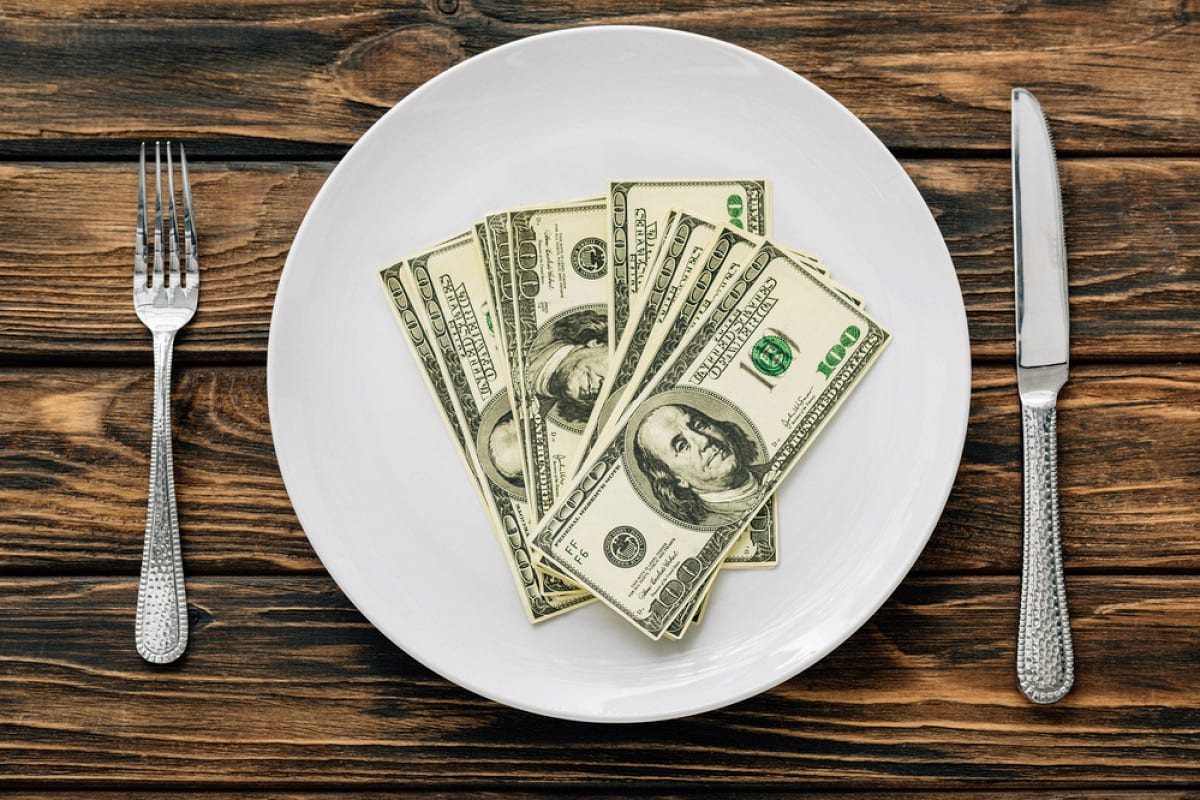The restaurant industry has historically attracted private‑equity (PE) firms because growth can be rapid and individual chains are highly scalable. That enthusiasm has waned since 2022 and the slowdown has been particularly visible in 2023‑2024 deals. Several inter‑related economic and industry‑specific factors explain why PE investors are now more cautious.
High interest rates and tighter financing conditions
Leveraged buyouts are the core of private equity. When interest rates were low, firms could borrow cheaply and use financial engineering to deliver outsized returns. The rapid rise in U.S. interest rates during 2022‑2023 upended this model. A mid‑2024 analysis noted that higher rates make leveraged buyouts expensive; private‑equity deals typically slow when borrowing costs riseascensionadvisory.com. By mid‑2024 rate cuts expected early in the year had not materializedascensionadvisory.com, leaving firms “in a bind” and causing global PE deal volume to fall to a 10‑year lowascensionadvisory.com. The same report explained that the higher cost of debt forced investors to use more conservative valuations and pushed some sellers to wait for cheaper financingascensionadvisory.com. In the restaurant sector these dynamics were visible: an in‑depth QSR Magazine report said that big restaurant deals slowed because PE firms no longer wanted to buy and sell chains without leverage; large bank offers were hurt by unfavorable interest rates and activity “ground to a halt”qsrmagazine.com. Additionally, restaurant operators faced borrowing costs rising from the 4–5 % range to 8–10 %, which reduced the feasibility of building new units and eliminated the financial‑engineering benefits that once made deals attractiveqsrmagazine.com.
Depressed valuations and economic uncertainty
Inflation and supply‑chain disruptions pushed up food and construction costs. PwC noted that inflation, high interest rates and difficulty accessing capital depressed valuations in the restaurant sector, making it “wiser to wait things out”qsrmagazine.com. Executives interviewed by QSR Magazine described 2023 as the toughest year in over a decade, with investors sitting on the sidelines until capital markets improveqsrmagazine.com. Private‑equity investor Matthew Pilla observed that PE firms have “taken a step back from multi‑unit, asset‑heavy type concepts,” adding that they are still active but “not in the same quantum” as several years agonrn.com. These comments reflect a broader “flight to quality,” with buyers waiting for signs of a stable economy before deploying capital.
Thin margins and operational headwinds
Restaurants operate on razor‑thin margins. Data from the National Restaurant Association shows that food and labor each account for roughly 33 % of sales and other operating costs consume 29 %restaurant.org, leaving only about a 5 % pre‑tax margin. Academic research finds that about one‑third of new restaurants fail in the first year and up to 80 % close within five yearsdaniels.du.edu, while industry studies suggest that around 85 % of revenue at profitable restaurants goes to operating costsinvestopedia.com. Rising wages and food prices have squeezed these margins further. QSR Magazine’s report described a “net headwinds” year for restaurants, noting that inflation has weakened discretionary spending and interest rates raised the cost of building and financing new storesqsrmagazine.com. In 2024 over 70 % of restaurant operators still had job openings they could not fillnetsuite.com, adding to labor costs.
These structural challenges make the restaurant sector less appealing to PE sponsors seeking high returns. When combined with elevated debt costs, the risk‑return profile worsens. Private‑equity investors therefore gravitate toward leaner, high‑growth concepts or avoid the sector entirely. A July 2025 PitchBook analysis observed that PE investment in restaurants slowed markedly in early 2025 and noted that rising food import costs and inflation were weighing on consumer spending; as a result, PE firms “largely stayed out of the kitchen”pitchbook.com.
Outlook
Despite the slowdown, industry observers believe there is significant “dry powder” awaiting deployment. The QSR report quotes several investors who expect deal‑making to accelerate once interest rates ease and valuations adjustqsrmagazine.com. Pilla similarly expects buyers to re‑engage as broader markets recovernrn.com. In the meantime, restaurant operators are encouraged to strengthen unit economics and invest in operational efficiency so that when capital does return, they can attract investors and command better valuations. Until macro‑economic conditions stabilize, private equity’s appetite for restaurant deals is likely to remain subdued.
In summary, private-equity investment in restaurants has slowed because rising interest rates have dramatically increased the cost of leveraged buyouts, making deals far more expensive and reducing returns. High inflation and supply-chain disruptions have depressed restaurant valuations and created economic uncertainty, prompting many investors to sit on the sidelinesqsrmagazine.com. Additionally, thin operating margins, elevated labor costs, and historically high failure rates compound the risk profile, discouraging firms from deploying capitalrestaurant.org. As a result, big restaurant transactions have declined sharply, with investors waiting for cheaper financing and clearer economic signalsqsrmagazine.com.


